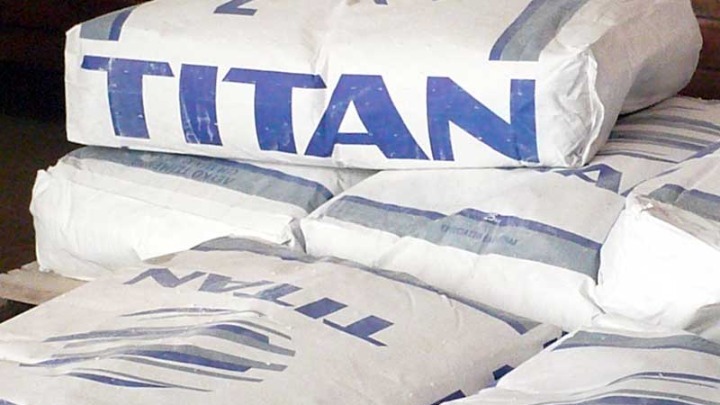The project will equip the plant’s two kilns with oxyfuel systems to reduce CO2 emissions by 1.9Mt/yr, ‘almost completely’, said ThyssenKrupp. The captured CO2 is then liquefied and transported to a permanent storage site in the Mediterranean region. Full operation is expected by the end of 2029.
Cetin Nazikkol, chief strategy officer at ThyssenKrupp Decarbon Technologies, said “With the oxyfuel technology we have developed, around 1.9Mt/yr of CO2 can be captured at the Kamari plant alone. This corresponds to around 12% of greenhouse gas emissions from all Greek industries. We are thus making a significant contribution to one of the largest CO2 capture projects in Europe.”
Christian Myland, CEO of ThyssenKrupp Polysius, said “For our customer Titan Group, we will be using the latest CO2 separation technology. We will design and equip the first kiln line with the proven oxyfuel technology. When modernising the second kiln line, the latest generation of this technology will be used with the pure oxyfuel system. Overall, this will enable us to capture almost 100% of CO2 emissions.”















